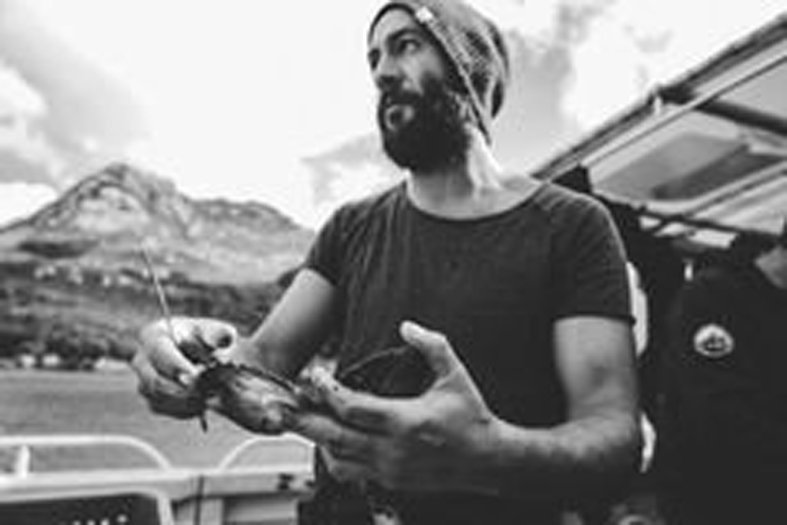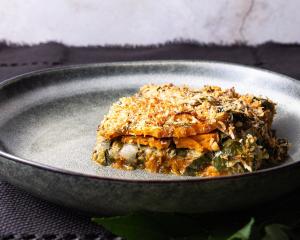
Southern fisherman Nate Smith has taken another step in his mission to ensure the sustainability of the inshore fishery. He tells Rebecca Fox about sharing what he has learnt.
Confident he has the recipe for success in not only securing the wild seafood resource for future generations, but also giving more New Zealanders access to it, Nate Smith is keen to share it.
So keen he has secured funding from the Government’s Sustainable Food and Fibre programme to replicate his ‘‘recipe’’ he announced at a recent Eat New Zealand Hui.
Smith, a third-generation fisherman, created his own commercial fishing operation, Gravity Fishing, five years ago. It only harvests fish to order, using hook and line and killing fish using the humane Japanese Ikijimi method. That fish then goes direct to the customer.
Having proved the model worked, Smith has always been keen to encourage more fishers to break from the industrial fishing model and join in what he sees as the future of fishing in New Zealand.
He has developed a ‘‘pod’’ and app which draws on all of his experience to enable fishermen to follow his path with the infrastructure and paperwork all provided.
‘‘It’ll all be streamlined, super easy to do. It’s everything I’ve learned, but taking out the pitfalls.’’
Part of the process was researching the ‘‘seasonality’’ of different fish species so they are only taken when at the best nutritional value to humans, and not when breeding, to foster sustainability.
It also meant educating customers about different fin fish and not just picking the most popular fish.
The ‘‘pods’’ will provide ice-making and fish-packing facilities and come with food safety certification and the app will provide the fishermen with all the data they need and the ability to link with customers and fish to order.
‘‘It’ll be like an online fish market where the fisherman will upload his plan for the day, what species of fish are in season and people can order.’’

He has recently received funding for two ‘‘pods’’, one to be placed in the lower North Island and the other at Stewart Island.
‘‘It’s close to my heart. It’s my home. You have to look after it,’’ he said.
The pods are under construction in Christchurch based on a ‘‘prototype’’ Smith designed and hopefully will be completed in six to eight weeks.
In the meantime he is finalising the licensing and food safety certification for them.
While he admits it is a big step for fishermen to step away from the secure income provided by the large commercial fishing companies, many are beginning to realise they do not want to be part of the problems overfishing is causing.
‘‘It is taking away the security and wading into the unknown, but there is my track record and I’m very open about the statistics.’’
Nationally, he says, he has about 50 fishermen keen to sign up to the service, with about five in the lower North Island and nine in Stewart Island keen to be part of it.
Accessibility for the public to fish is also a big part of his mission, as he believes buying fish is too expensive for the average Kiwi these days.
Under his system, he believes people will get better quality fish at more reasonable prices - under the $28/kg mark.
Smith hopes someone will grab the opportunity to get on board with their own courier service designed to transport fish, supporting more jobs for regional communities.
The two ‘‘pods’’ are just beginning, as he has sought funding for ‘‘pods’’ throughout New Zealand.
‘‘I asked for 10 but got two. They wanted to see if we could walk before we could run. Ten will solve the problem of access to kaimoana in New Zealand.’’
Just prior to Covid-19, Smith set up the Gravity Fishing Experience, a food and fishing tourism venture based off Stewart Island.
It has enabled him to work on his ‘‘pod’’ project while also using his passion to educate more people about sustainable fishing through the fishing experiences.













